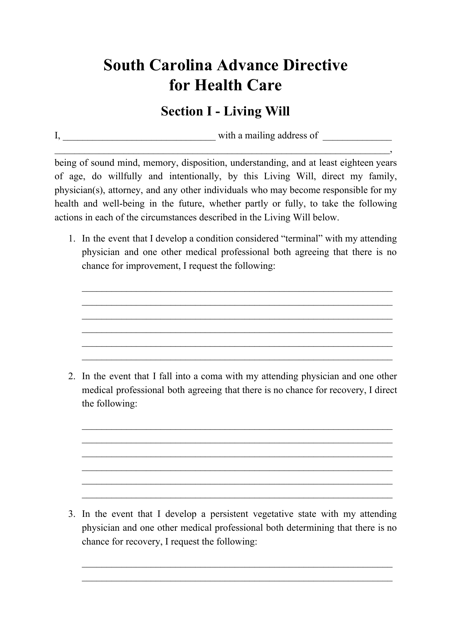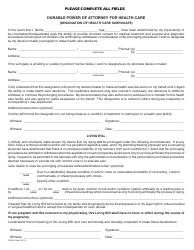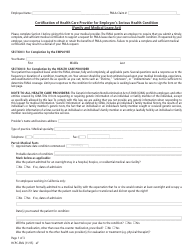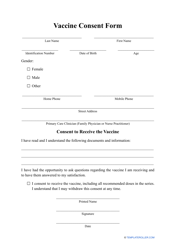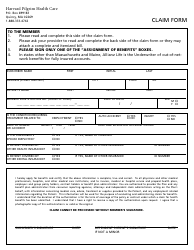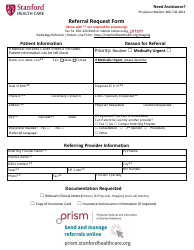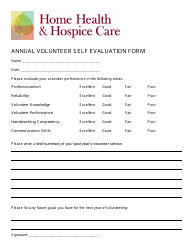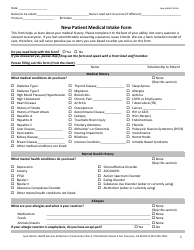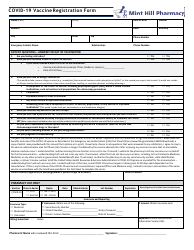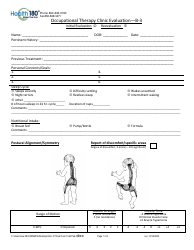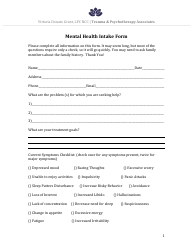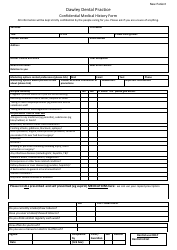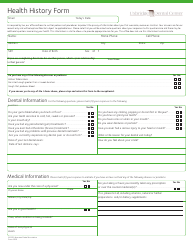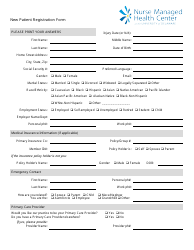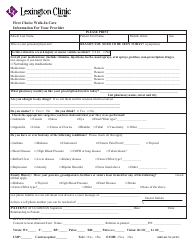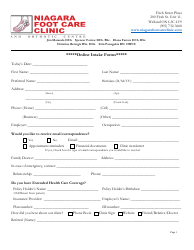Advance Directive for Health Care Form - South Carolina
A South Carolina Advance Directive is a set of instructions about preferred medical care that takes effect when a patient becomes unable to make decisions. In addition to listing preferences for medical care, the form provides individuals with the option of appointing a health care proxy. A health care proxy - otherwise known as a health care agent or surrogate - is a person who has the authority to make health-related decisions on another person's behalf.
If an individual has never had an Advance Directive made, any health care decisions may be made for them by a court-appointed guardian (a spouse, an adult child, an adult sibling, an adult relative or a professional). There is a difference between this form and a Living Will in South Carolina. A Living Will is a specific type of an Advance Directive for Health Care that becomes effective only in the event of a terminal illness.
A South Carolina Advance Directive is defined and regulated by Chapter 23-4.11 - Rights of the Terminally Ill Act . The document must be witnessed by two (2) individuals eighteen (18) years of age or older. You can download the form through this link or make your own document with our online form-building application.
What Is a South Carolina Advance Directive?
An Advance Directive is a written form that lists an individual's preferences for medical care and grants a spouse, child, family member, friend or attorney the authority to make decisions regarding health care on the individual's behalf. It includes two separate parts:
- A Medical Power of Attorney - also known as a Health Care Power of Attorney - in which the individual elects a person to make medical decisions when they are unable to do so due to being terminally ill, seriously injured, in a coma or near the end of life.
- A Living Will - a written, legal document that lists an individual's wishes regarding life-sustaining procedures, pain management or organ donation that takes effect when the patient is terminally ill.
How to Write an Advance Directive in South Carolina?
Advance Care planning is a four-step process:
STEP 1 - Electing an agent to make health care decisions on the patient's behalf.
STEP 2 - Expressing wishes about any limitations in medical treatment - CPR, breathing machines, feeding tubes, and antibiotics.
STEP 3 - Making decisions related to organ and tissue donation and stating preferences regarding the funeral, burial and the disposition of remains.
STEP 4 - Signing, dating and witnessing the form according to the applicable South Carolina law. Copies of the completed form should be handed out to the agent, the physician, the patient's family and to the health care facility.
